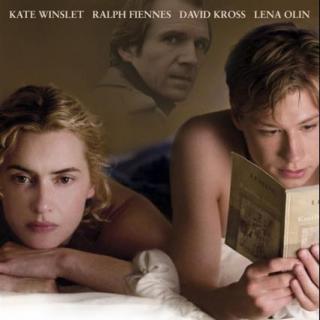
介绍:
CHAPTER FIFTEEN (2)
The previous time I had walked around the concentration camp grounds until they closed.
Then I had sat down under the memorial that stood above the camp, and looked down over
the grounds. I felt a great emptiness inside, as if I had been searching for some glimpse, not
outside but within myself, and had discovered that there was nothing to be found.
Then it got dark. I had to wait an hour until the driver of a small open truck let me climb up
and sit on the truck bed and took me to the next village, and I gave up the idea of hitchhiking
back that same day. I found a cheap room in a guest house in the village and had a thin steak
with french fries and peas in the dining room.
Four men were loudly playing cards at the next table. The door opened and a little old man
came in without greeting anyone. He wore short pants and had a wooden leg. He ordered a
beer at the bar. He sat facing away from the neighboring table, so that all they saw was his
back and the back of his overly enlarged, bald skull. The card players laid down their cards,
reached into the ashtrays, picked up the butts, took aim, and hit him. The man at the bar
flapped his hands behind his head as if swatting away flies. The innkeeper set his beer in front
of him. No one said a word.
I couldn’t stand it. I jumped up and went over to the next table. “Stop it!” I was shaking with
outrage. At that moment, the man half hobbled, half hopped over and began fumbling with his
leg; suddenly he was holding the wooden leg in both hands. He brought it crashing down onto
the table so that the glasses and ashtrays danced, and fell into an empty chair, laughing a
squeaky, toothless laugh as the others laughed in a beery rumble along with him. “Stop it!”
they laughed, pointing at me. “Stop it!”
During the night the wind howled around the house. I was not cold, and the noise of the wind
and the creaking of the tree in front of the house and the occasional banging of a shutter were
not enough to have kept me awake. But I became more and more inwardly restless, until my
whole body began to shiver. I felt afraid, not in anticipation that something bad was going to
happen, but in a physical way. I lay there, listening to the wind, feeling relieved every time it
weakened and died down, but dreading its renewed assaults and not knowing how I would get
out of bed next day, hitchhike back, continue my studies, and one day have a career and a
wife and children.
I wanted simultaneously to understand Hanna’s crime and to condemn it. But it was too
terrible for that. When I tried to understand it, I had the feeling I was failing to condemn it as
it must be condemned. When I condemned it as it must be condemned, there was no room for
understanding. But even as I wanted to understand Hanna, failing to understand her meant
betraying her all over again. I could not resolve this. I wanted to pose myself both tasks—
understanding and condemnation. But it was impossible to do both.
The next day was another beautiful summer day. Hitchhiking was easy, and I got back in a
few hours. I walked through the city as though I had been away for a long time; the streets
and buildings and people looked strange to me. But that didn’t mean the other world of the
concentration camps felt any closer. My impressions of Struthof joined my few already
existing images of Auschwitz and Bergen-Belsen, and froze along with them.
大家还在听

